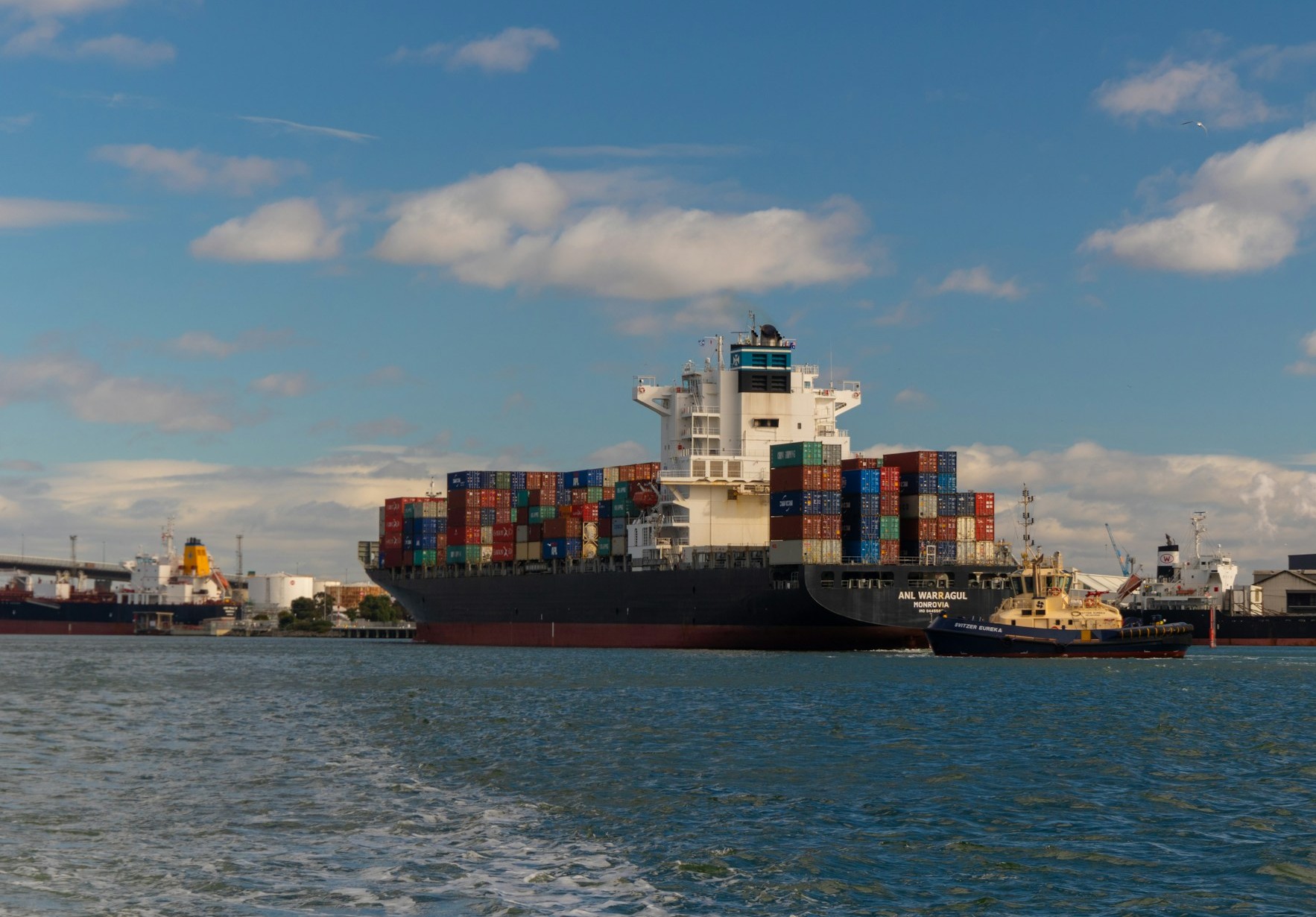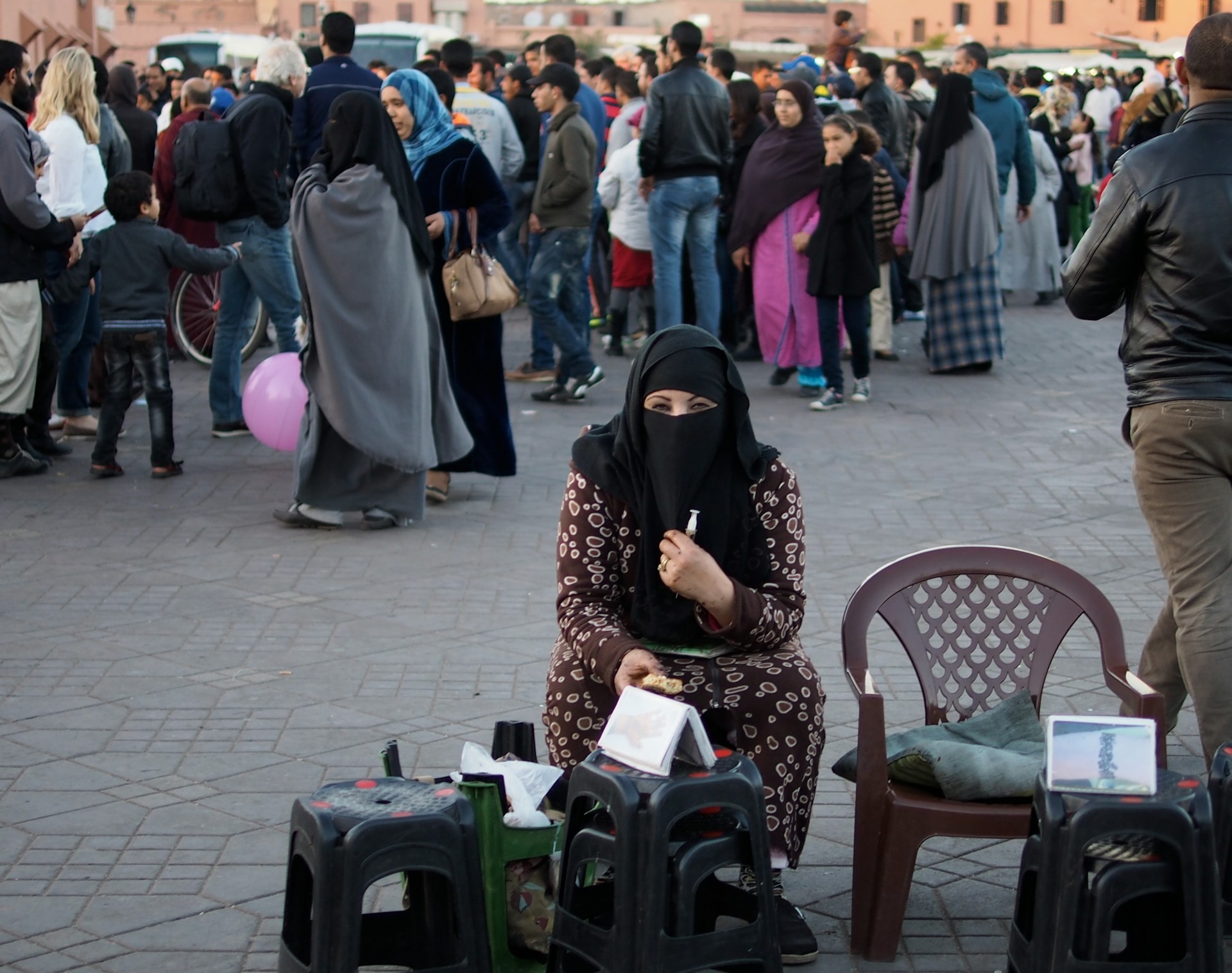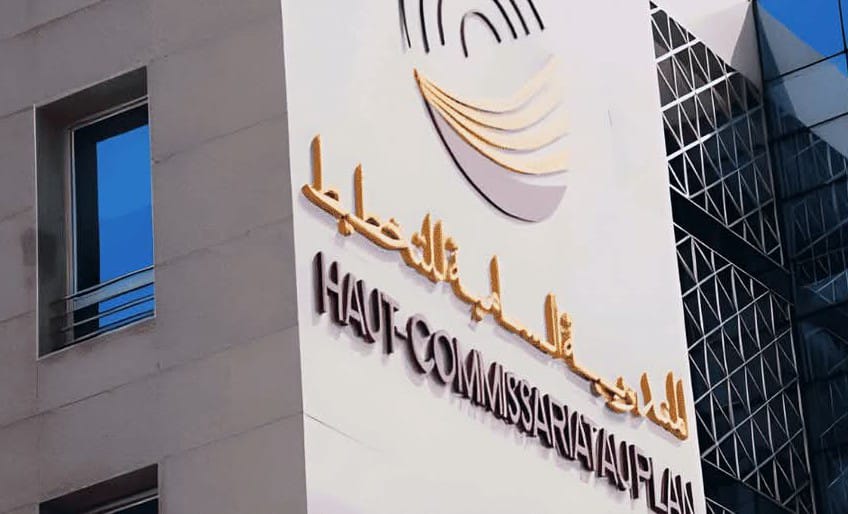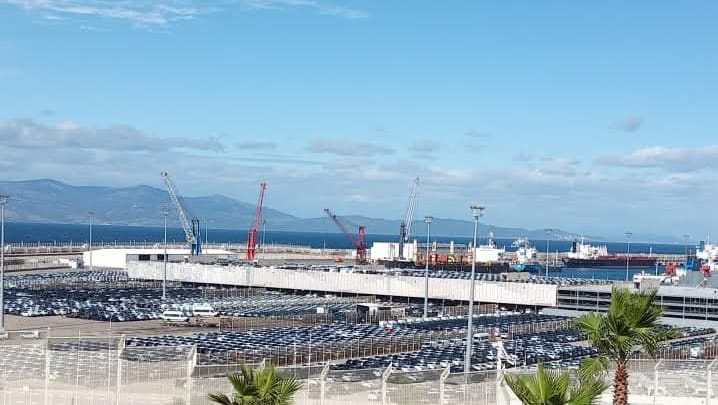Casablanca – A series of recent World Bank assessments on the Middle East, North Africa point to persistent structural challenges in Morocco’s labor market, particularly affecting women and young people. While legal reforms have advanced in recent years, the reports conclude that the country is still struggling to translate legislative progress into real economic participation and job creation.
The latest update, titled “Work and Women: Untapped Talent and Unfulfilled Growth,” stresses that creating jobs and fully mobilizing the labor force remain essential for improving living standards across the region. Morocco is no exception. According to the findings, the country continues to face a widening gap between the growth of its working-age population and the pace at which new jobs are being generated.
Economists at the World Bank note that this gap has become more pronounced over the past few years. Rural employment has declined sharply due to repeated droughts, affecting agricultural livelihoods and limiting opportunities in regions already struggling with low productivity. At the same time, unemployment rates remain high, especially among young people and women, while overall labor-force participation has dropped.
One of the clearest concerns highlighted across the reports is the persistent decline in women’s participation in Morocco’s job market. Data shows that the share of women in the labor force has fallen from around 29% in 2000 to roughly 20% in recent years. This trend mirrors patterns seen in other countries in the region such as Egypt, Jordan, and Iran, where participation levels have stagnated or decreased despite improvements in education and legal rights.
The World Bank identifies several drivers behind this decline. Social and cultural norms continue to shape attitudes toward women’s work, limiting their access to opportunities despite rising education levels. Younger women, in particular, are less likely to join the labor market than previous generations. The reports underline that the MENA region overall has the lowest female labor-force participation rate in the world, regardless of income levels or urban-rural differences.
In addition to social constraints, the reports point to practical barriers that prevent women from entering or staying in the workforce. These include limited access to safe and reliable public transportation, a shortage of affordable childcare services, and gaps in workplace protections—particularly regarding harassment and job security. The World Bank stresses that these factors collectively contribute to high dropout rates among women and discourage many from seeking employment altogether.
Despite these challenges, Morocco stands out in one area: legal reforms supporting women’s economic rights. In the Women, Business, and the Law index, the country performs better than many regional counterparts and scores above what might be expected for its income bracket. Improvements have been registered in areas such as equal legal treatment, access to employment, entrepreneurship regulations, and property rights.
However, the World Bank warns that legal progress alone is insufficient. Without strong enforcement mechanisms, institutional reform, and societal change, these improvements will not fully translate into higher participation rates. The reports emphasize that the economic cost of underutilizing half of the population’s talent is becoming increasingly unsustainable, especially as the region faces demographic pressure and rising youth unemployment.
To address these challenges, the World Bank recommends a set of structural reforms aimed at expanding economic opportunities and improving the overall environment for job creation. Key proposals include strengthening the formal economy, encouraging the rise of high-growth private firms, modernizing social legislation, and investing in the infrastructure needed to support women’s employment.
Expanding childcare options, improving street lighting and transport safety, and enforcing stronger workplace protections are among the steps considered essential to reducing barriers faced by women. The reports also highlight the benefits of promoting women’s leadership and entrepreneurship, noting that companies run by women tend to hire more women and foster more inclusive workplace cultures.
On the macroeconomic front, the World Bank has raised Morocco’s growth forecast, citing recent improvements in agriculture, tourism, and investment. Large-scale preparations for upcoming continental and international sporting events are also expected to stimulate infrastructure development and economic activity. However, the institution stresses that long-term, inclusive growth will depend on Morocco’s ability to bring more women and young people into productive employment.
Across all documents, the message is consistent: Morocco has laid important legal groundwork, but closing the employment gap requires deeper structural reforms and a shift in social norms. Without these changes, the country risks missing out on the full economic potential of its labor force—particularly the substantial untapped talent of women and youth.
















